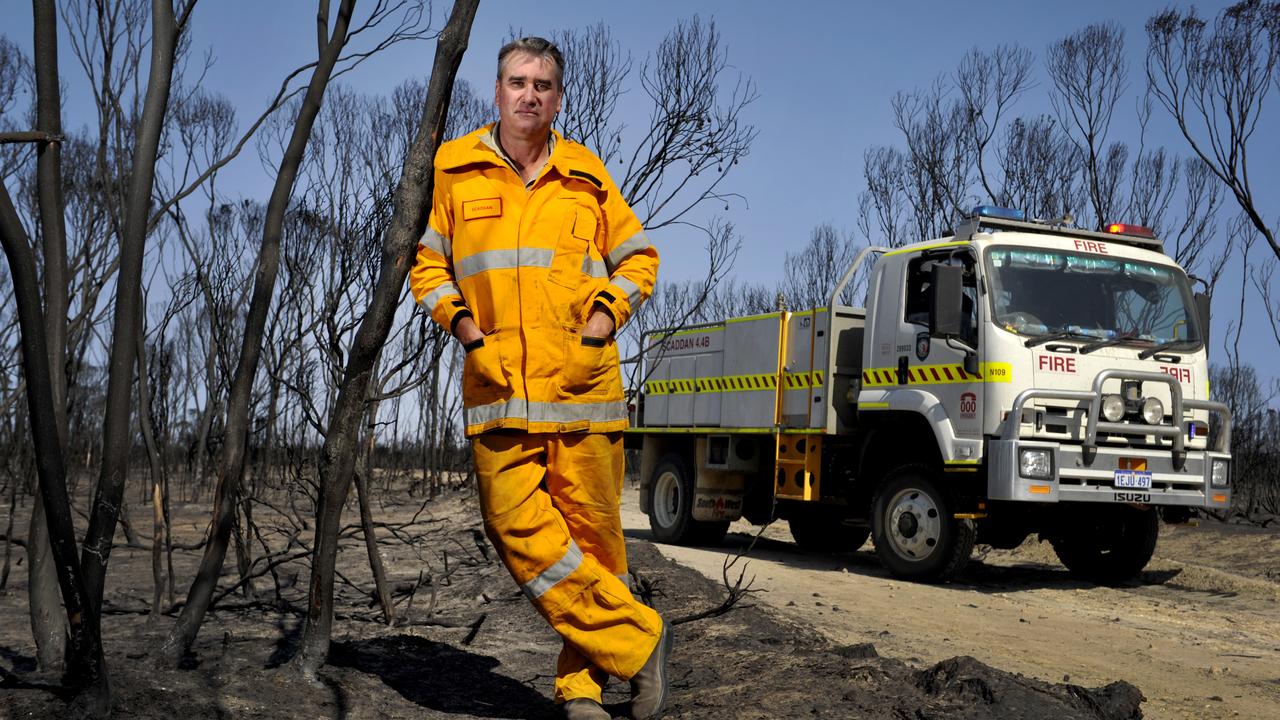Drumlines capture hundreds of sharks in Queensland
Almost 700 sharks were captured in protective drumlines along the Queensland coast last year.

Shark-catch statistics for protective drumlines and nets along the Queensland coast reveal the many potentially deadly predators lurking off the state’s most popular swimming beaches.
Figures released by the Queensland Department of Primary Industries yesterday showed 695 sharks were captured under its shark control program last year.
This comes as spear fisherman Allan Countryman continues to receive treatment in a Brisbane Hospital after he was mauled by a shark near Yeppoon on the central Queensland coast at the weekend.
According to the DPI figures, nine sets of shark-baiting drumlines are set up along the Capricorn Coast from Emu Park, about 21km south of Yeppoon, to waters about 30km north.
Reef sharks are most common in the region but 32 bull sharks and 18 tiger sharks, two of the species known to attack humans, were caught in the lines last year.
In total, 113 bull sharks, 287 tiger sharks and 11 great whites were killed in nets and drumlines at 85 beaches between the Gold Coast and Cairns. Six of the great whites were captured off busy Gold Coast surf beaches, including a 3.6m shark in a net at Burleigh Heads and two large sharks at Kirra Beach.
Queensland’s program has long come under fire from environmentalists for the threat the shark equipment poses to other marine life, mainly turtles, dugongs and dolphins.
The most recent figures showed dozens of non-targeted species were killed last year.
There have also been calls for the large mesh nets to be taken down during the humpback whale migration. The department says 48 of the 52 whales caught in Queensland shark nets in the past two decades have been released alive.
In NSW, only beaches between Wollongong and Newcastle are netted. Northern NSW has been plagued by shark attacks, three of which were fatal, since early 2013.
The NSW government recently introduced a $16 million shark strategy, which, among other things will include the use of drones and the state’s first trial of drumlines between Coffs Harbour and Tweed Heads.
Unlike in Queensland, where sharks die on the line, the aim of the NSW “smart” drumlines is to tag and release.
NSW Fisheries Minister Niall Blair said GPS technology fitted to a buoy alerted a retrieval team to a captured shark, allowing it to be released and then tracked almost immediately.
Queensland Minister for Fisheries Leanne Donaldson, whose electorate of Bundaberg is home to 18 drumlines that last year captured 35 tiger and five bull sharks, said her government had no plans to scale back or modify its shark control program.




To join the conversation, please log in. Don't have an account? Register
Join the conversation, you are commenting as Logout